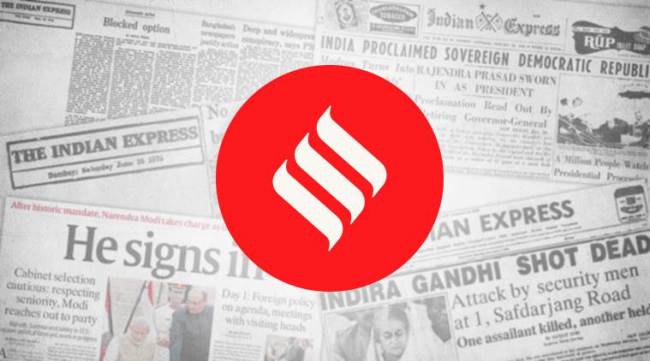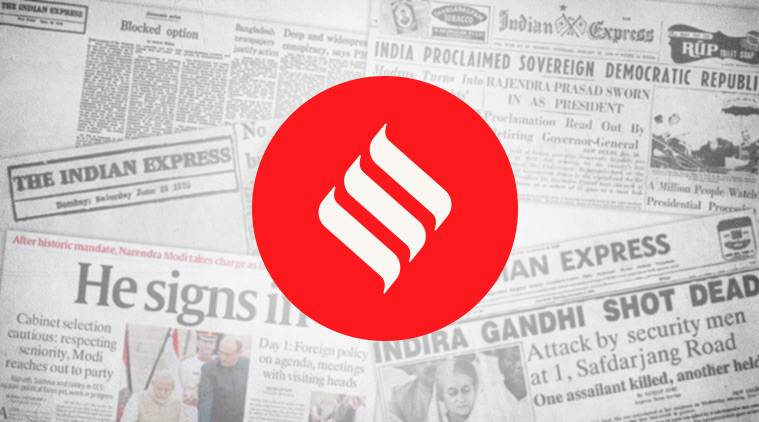Opinion Back to school
Delhi government’s focus on school education holds out hope — of greater policy-political priority to primary education

 By focusing on government school education, Delhi government is taking a step towards addressing a lacuna that is particularly glaring in north Indian states.
By focusing on government school education, Delhi government is taking a step towards addressing a lacuna that is particularly glaring in north Indian states.
Year after year, the Annual Status Of Education Report (ASER) flags the abysmal learning levels of schoolgoing children, particularly in government schools. In 2018, for example, only half the children in rural India enrolled in class 5 could read a class 3 text. Yet, it is rare that state governments, or even political actors in general, place education policy at political centrestage. On January 28, Delhi’s Aam Aadmi Party government live-streamed across social media platforms the inauguration of 11,000 new classrooms by Chief Minister Arvind Kejriwal to address the infrastructure shortfall in the city’s government schools. The Delhi government has also vigorously publicised the “mega Parent Teacher Meeting (PTM)” taking place on the same day. While much of this is a media-savvy government showcasing itself, the fact that the spotlight is on the school classroom is heartening.
By focusing on government school education, Delhi government is taking a step towards addressing a lacuna that is particularly glaring in north Indian states. Its move to include parents, particularly from low-income families, in their child’s pedagogical development has the potential to create a chain of accountability among teachers and school administrators sorely lacking in the past. By addressing the shortfall in infrastructure in government schools, a beginning can be made towards bridging the vast gap in the quality and standards of learning across income and social groups. Apart from programmes undertaken to improve basic reading and arithmetic among children, directly aimed at improving the deficit in learning levels flagged by ASER, the government’s willingness to go beyond the traditional model with experiments like the “happiness curriculum” is also promising.
In India’s southern states, a longer and larger focus on schools has borne fruit, leading to a better standard in the quality of government educational institutions. This, in turn, has created a virtuous cycle of expectations from successive governments. Delhi government’s focus on education is by no means enough; it is at best a beginning. Far more needs to be done to lay the foundations for a workforce that can compete in a global market with constantly shifting needs, both in terms of skills and aptitude. School education is where the future citizenry of a country is moulded. What the AAP’s policies hold out is a hope — that politics and policy can be brought back to school and that state governments can make education a priority.




